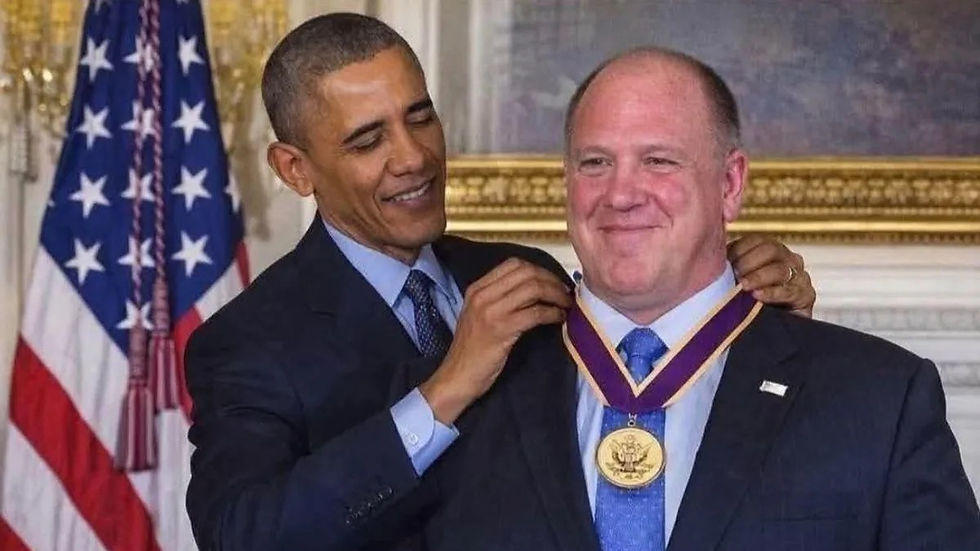A Consideration for our Divided Society
- Dr. Nathan T. Morton

- Aug 5, 2025
- 2 min read
Today, while writing a chapter on Jesus' teaching that being a peacemaker brings persecution I stopped and read The Great Conversation. Here are my thoughts.

In an age when conversations have been replaced with comment sections, and debates have become shouting matches, Robert M. Hutchins’ The Great Conversation offers timeless, necessary wisdom.
Published in 1952 as an introduction to the Great Books of the Western World series, Hutchins argues that civilization advances not by force or fashion, but by sustained dialogue—a long, thoughtful, sometimes heated, but always essential conversation engaging the thinking of history's greatest thinkers.
Hutchins believed that the West’s intellectual tradition is defined not by unanimous agreement, but by a shared commitment to truth-seeking through reasoned discourse.
Plato argues with Aristotle.
Augustine wrestles with Cicero.
Aquinas refines Aristotle.
Locke and Rousseau clash.
Marx critiques capitalism while Adam Smith lays its foundation.
The power of the “great conversation” is that it welcomes dissent, not as a threat, but as the engine of progress.
Today, our cultural fault lines—political polarization, racial tension, economic inequality, and moral confusion exposes a society that has lost the art of conversation. We cancel rather than contend. We posture instead of persuade. We react, but rarely reflect.
Although written almost 75 years ago, this work remains relevant because Hutchins’ remedy isn’t nostalgia; it’s intellectual humility. He insists that no one has the final word, but every great thinker must have a voice.
If we approached today’s issues with the patience and openness of The Great Conversation, we might better navigate our deepest disagreements. Instead of shouting down those who differ, we could ask, “What truth are they seeing that I’m missing?”
Imagine our political debates informed by the deliberative wisdom of Aristotle’s Politics or Lincoln’s Second Inaugural. Imagine social discourse shaped by the moral clarity of Frederick Douglass or the reasoned appeals of Martin Luther King Jr. Picture an economy where Smith’s invisible hand and Marx’s call for justice are not weapons, but voices in a necessary tension.
Hutchins reminds us that democracy itself depends on dialogue.
Without shared texts, shared questions, and shared virtues—courage, patience, charity—we are left with mere tribalism. But with them, we regain the tools to think together, disagree well, and build a society grounded not in ideology, but in wisdom.
In the end, the only real alternative to conflict is conversation—not the shallow exchange of talking points, but the deep wrestling of minds seeking what is good, true, and just. Hutchins was right: the great conversation must never stop. In fact, it may be our last and best hope as a nation.
Dr. Nathan T Morton







Comments